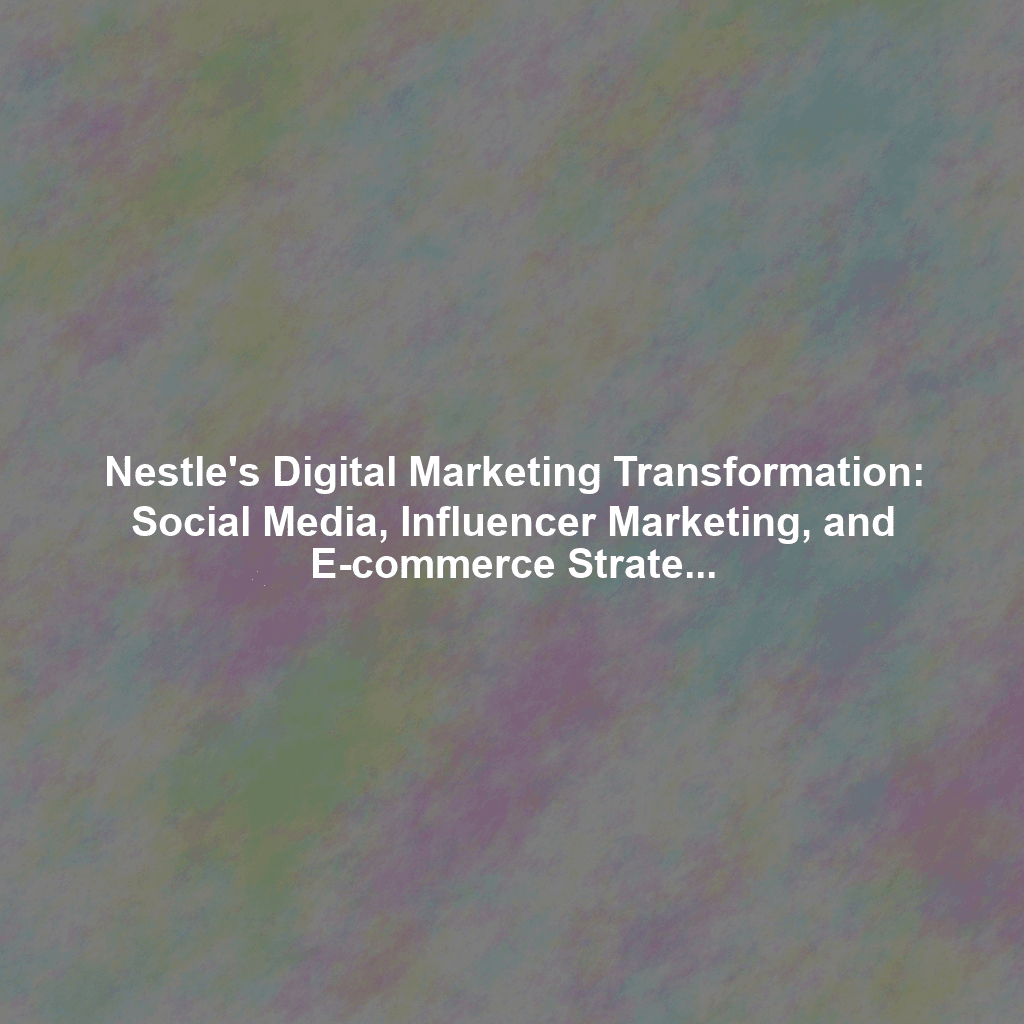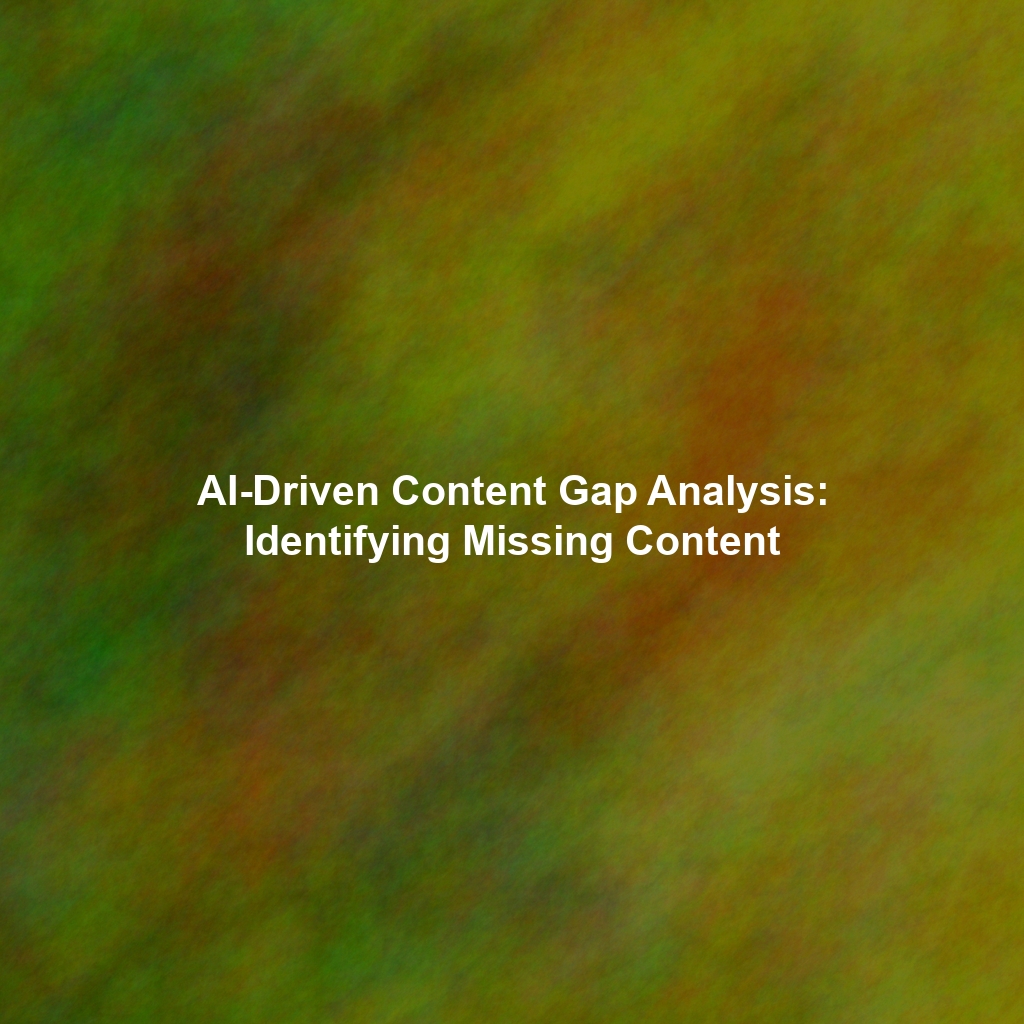Nestlé, a global food and beverage giant, understands that staying competitive in today’s market requires more than just producing quality products. It demands a robust and adaptable digital marketing strategy. This article explores how Nestlé has embraced digital transformation, focusing on its use of social media, influencer marketing, and e-commerce channels to connect with consumers, build brand loyalty, and drive sales.
Social Media Strategies: Building a Global Community
Nestlé utilizes a multi-platform approach to social media, tailoring its content to the specific demographics and engagement styles of each platform. From visually appealing food photography on Instagram to engaging conversations on Twitter and informative content on LinkedIn, Nestlé aims to create a cohesive brand presence across the digital landscape. They understand that one size doesn’t fit all, and each platform serves a unique purpose in their overall marketing strategy.
Platform-Specific Content
On Instagram, Nestlé focuses on showcasing the visual appeal of its products and highlighting recipes and usage ideas. They frequently run contests and campaigns encouraging user-generated content, which fosters a sense of community and authenticity. Twitter is leveraged for real-time engagement, customer service, and announcing new product launches or promotions. Facebook remains a key platform for reaching a broad audience with a mix of content, including advertisements, videos, and interactive posts. And LinkedIn focuses on corporate messaging, employer branding, and B2B marketing.
Engagement and Community Building
Beyond simply posting content, Nestlé actively engages with its audience through comments, direct messages, and polls. They monitor brand mentions and respond to customer inquiries, demonstrating a commitment to customer satisfaction. This two-way communication helps build trust and strengthens the relationship between the brand and its consumers.
Influencer Marketing: Leveraging Trust and Authority
Recognizing the growing influence of online personalities, Nestlé has strategically partnered with influencers across various niches, including food, health, and lifestyle. These collaborations allow Nestlé to reach new audiences and leverage the trust and credibility that influencers have built with their followers.
Strategic Partnerships
Nestlé carefully selects influencers whose values align with the brand’s and whose audience matches the target demographic for specific products. They prioritize authenticity and transparency in these partnerships, ensuring that influencers genuinely endorse the products they promote. Examples might include partnering with food bloggers to create recipes using Nestlé ingredients, or health and wellness influencers to promote Nestlé’s healthier product options.
Campaign Integration
Influencer marketing campaigns are often integrated with other digital marketing efforts, such as social media contests and targeted advertising. This multi-channel approach amplifies the reach and impact of the campaign, driving brand awareness and sales. Nestlé typically tracks the performance of these campaigns through metrics like engagement rate, website traffic, and conversion rates.
E-commerce Strategies: Direct-to-Consumer and Platform Partnerships
Nestlé has embraced e-commerce to expand its reach and cater to the growing demand for online shopping. Their e-commerce strategy includes both direct-to-consumer (DTC) channels and partnerships with established online retailers.
Direct-to-Consumer Initiatives
Nestlé operates several DTC websites, often focused on specific product lines or regions. These platforms allow them to have greater control over the customer experience, collect valuable data, and offer exclusive products or promotions. This allows Nestle to build a direct relationship with consumers, independent of major retailers.
Platform Partnerships
Nestlé also partners with major e-commerce platforms like Amazon, Walmart, and Alibaba to reach a wider audience and leverage their established infrastructure and logistics capabilities. They optimize their product listings and run targeted advertising campaigns on these platforms to drive sales and increase brand visibility.
Personalization and Data-Driven Marketing: The Key to Relevance
Nestlé relies heavily on data-driven marketing to personalize its messaging and offer relevant products and promotions to individual consumers. They collect data through various channels, including website analytics, social media engagement, and customer surveys.
Data Collection and Analysis
Nestlé uses data analytics to understand customer preferences, behaviors, and purchase patterns. This information is used to segment its audience and create targeted marketing campaigns. For example, they might target consumers who have previously purchased coffee products with promotions for new coffee blends or brewing equipment.
Personalized Experiences
Based on the data collected, Nestlé personalizes the customer experience across its digital channels. This includes tailoring website content, email marketing messages, and social media ads to individual consumer preferences. This level of personalization helps to increase engagement, build brand loyalty, and drive sales.
Measuring Effectiveness and Impact
Nestlé utilizes a variety of metrics to measure the effectiveness of its digital marketing campaigns. These metrics include website traffic, social media engagement, conversion rates, and return on investment (ROI). They continuously monitor and analyze these metrics to optimize their campaigns and ensure that they are achieving their desired results.
Specific campaigns, such as the launch of a new KitKat flavor, are meticulously tracked. Social listening tools monitor brand mentions and sentiment. A/B testing is used to optimize ad creative and landing page designs. Ultimately, sales data is correlated with marketing spend to determine the campaign’s overall effectiveness.
Conclusion
Nestlé’s digital marketing transformation demonstrates a clear understanding of the evolving consumer landscape. By embracing social media, influencer marketing, and e-commerce strategies, and by leveraging data and personalization, Nestlé has successfully built a strong online presence, connected with consumers on a deeper level, and driven sales. Their commitment to innovation and adaptation ensures they remain a leader in the global food and beverage industry.
 Skip to content
Skip to content

